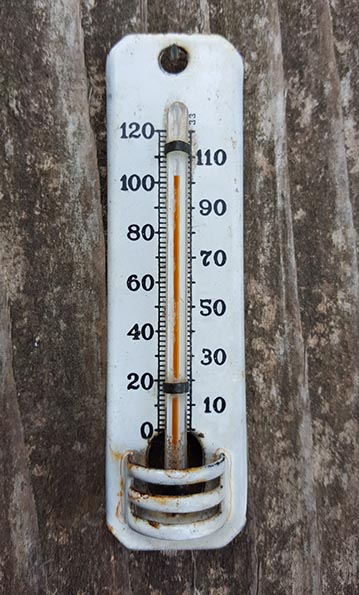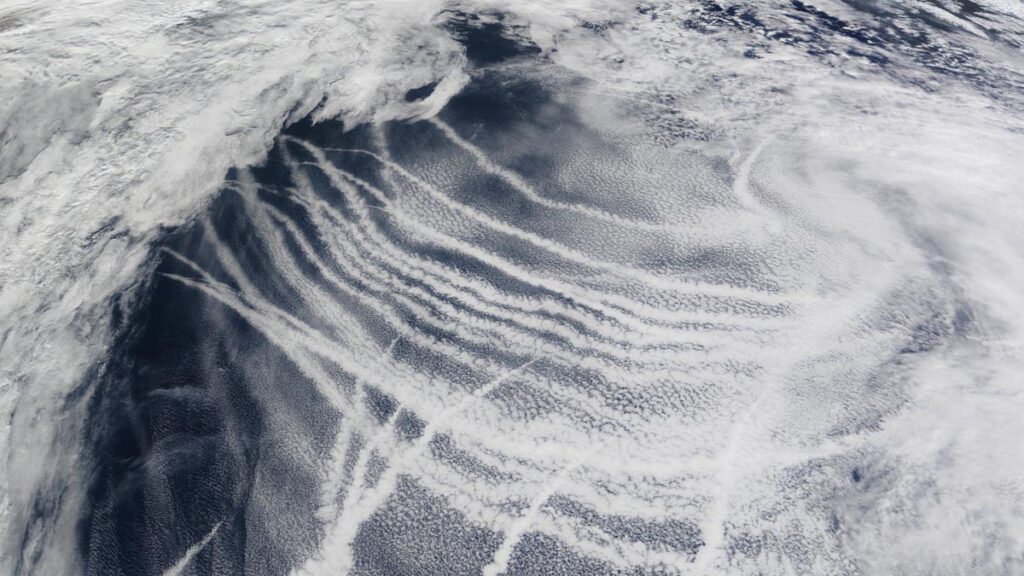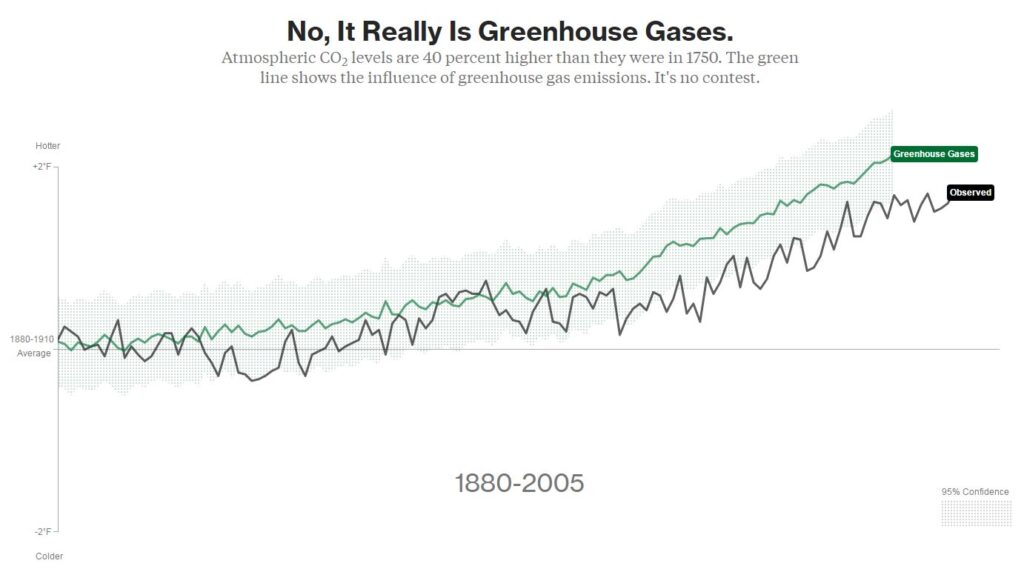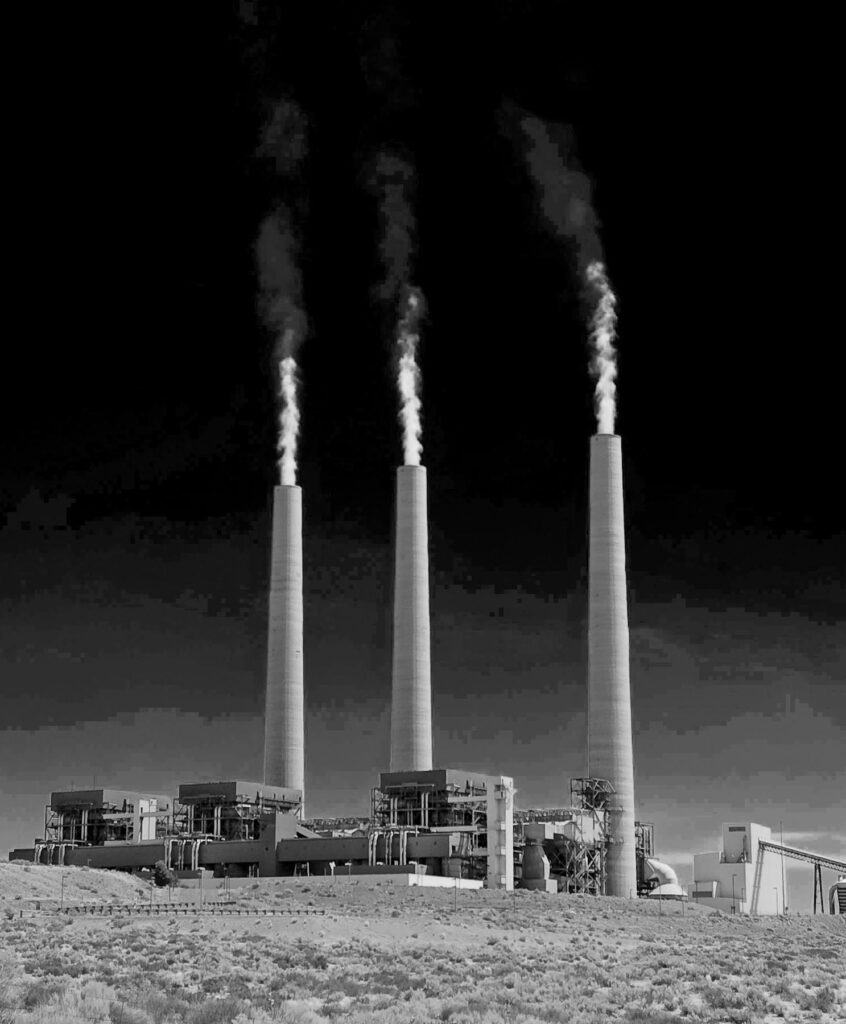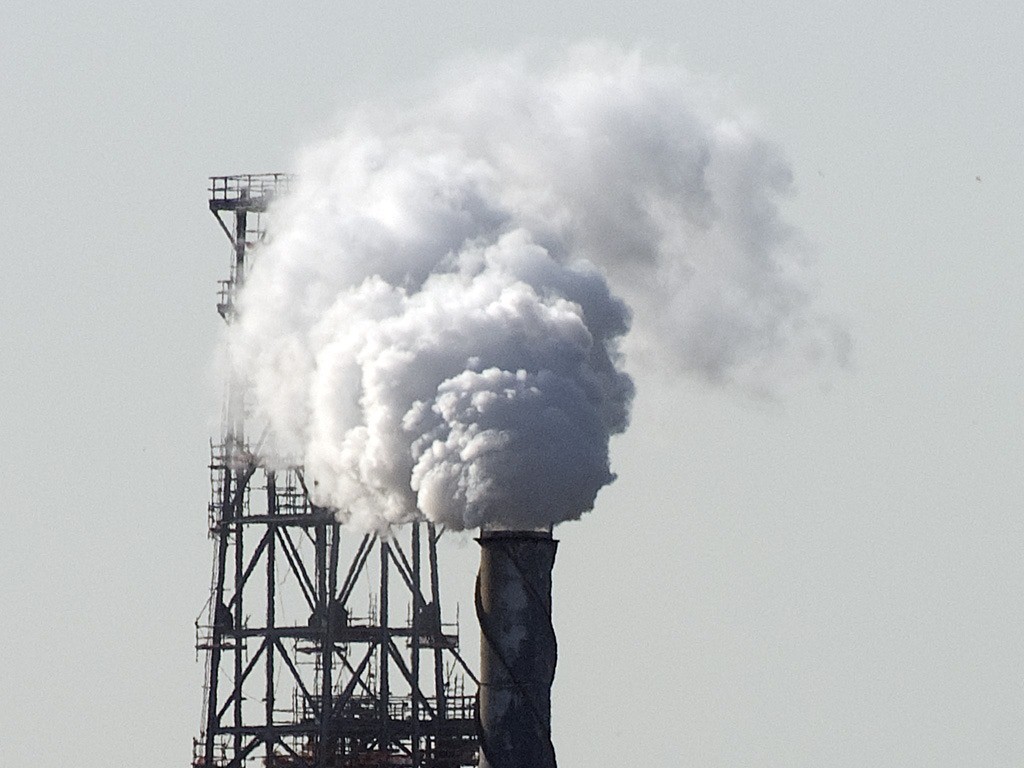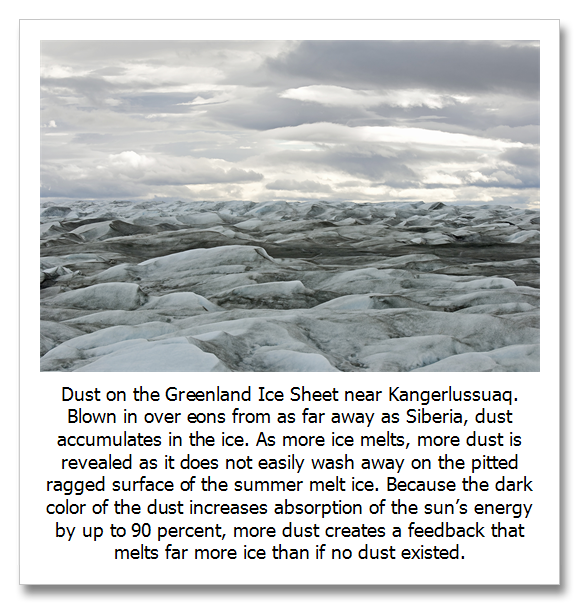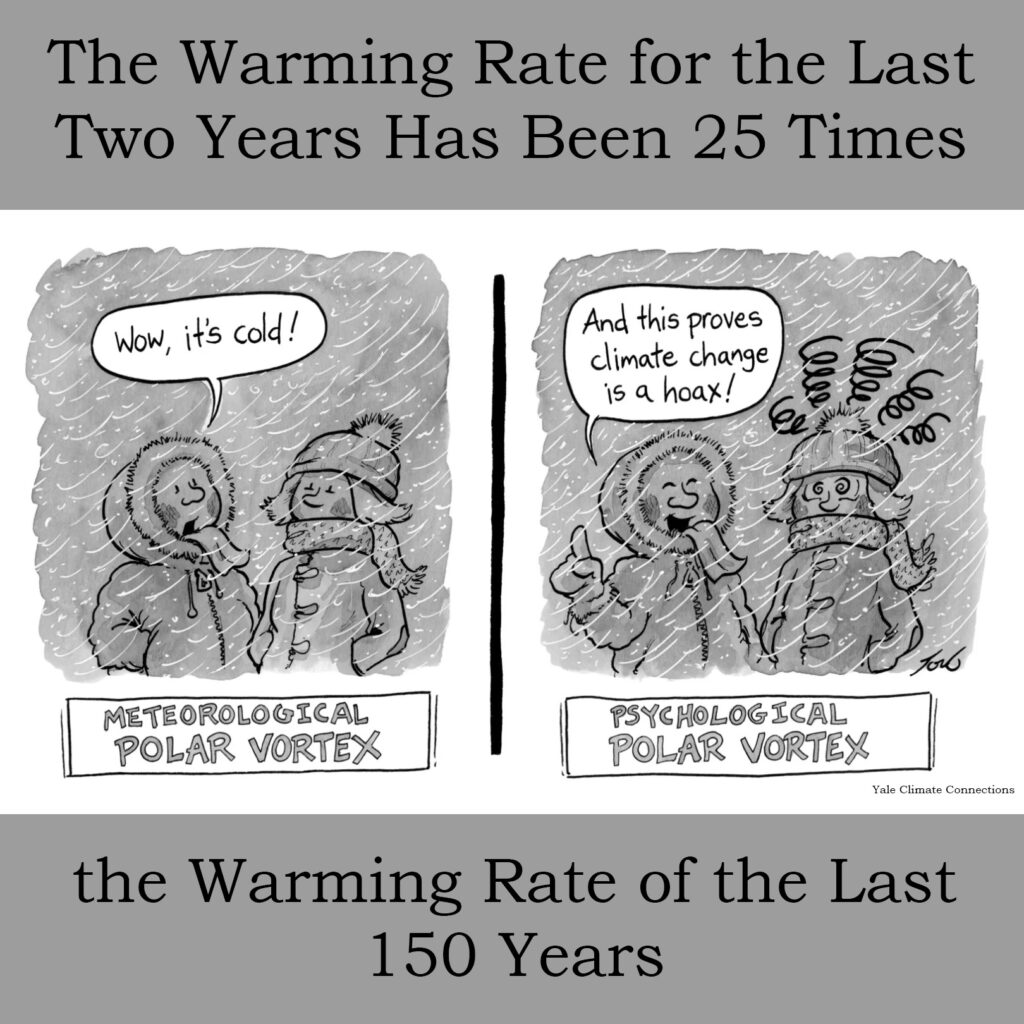
Image: Yale Climate Connections The Warming Rate for the Last Two Years Has Been 25 Times the Warming Rate of the Last 150 Years A review of Hansen 2025. In the last two years, Earth has warmed 0.4 degrees C, compared to 1.2 degrees C warming in the previous 100 years. This warming rate is…

